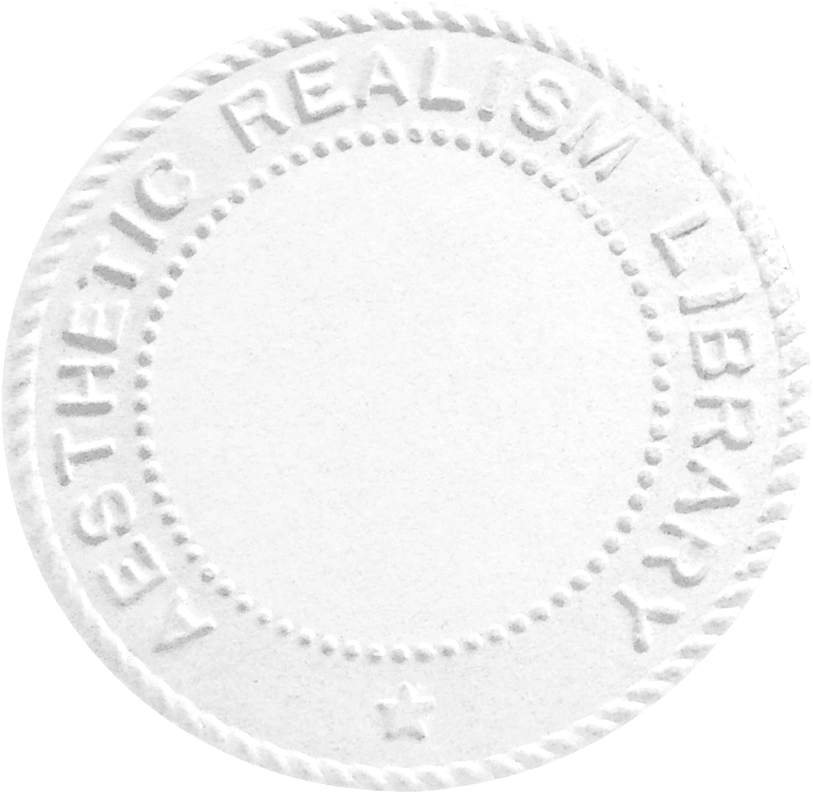Translations by Eli Siegel
The Laurels Are Cut Down, By Théodore de Banville
We go to the woods no more, the laurels are cut down.
Figures of Love in low places, the group of Naiads
See shining again in the sun as cut out crystals,
The silent waters which flowed from where they were.
The laurels are cut down, and the stag, quiet in fear,
Trembles at the sound of the horn; we go no more to the woods,
Where playing children laughed, gathered in abandon—
Among the lilies of silver moistened by the sky’s tears.
Here is the grass which is reaped and the laurels which are cut down.
We go to the woods no more, the laurels are cut down.
From Hail, American Development (Definition Press)
© 1968 by Eli Siegel



Eli Siegel’s note to the poem:
The Laurels Are Cut Down, By Théodore de Banville. 1967. One of the great lines of French poetry is Theodore de Banville's Nous n'irons plus au bois, les lauriers sont coupés. Within the sound of this line, of these words, is the message of many autumns to a self not sure of where it is in the world. The becoming of the world colder is something which can bring a person close to musical nothingness. The gorgeousness of things may change to outline. Water with sun in it may change to severe, non-caressing crystals. The stag may be fearful, hinting oneself should be. The grass is withdrawn, and would no more luxuriate than deliver a forceful oration. The laurels are cut down, and we have a feeling we know what we exactly are, when the reckoning is in; and we don't like it. What better can we do with what we don't like than make poetry of it? This Banville does; the consequence is fine for poetry in general. And when poetry in general is at its finest, it always refutes somehow, somewhat, the idea of the world as a desolating enemy to man.—Housman used the first line of the poem, and Banville may have been instigated by some words he met. All we are doing is to state what the poem has in it, as we now have it.